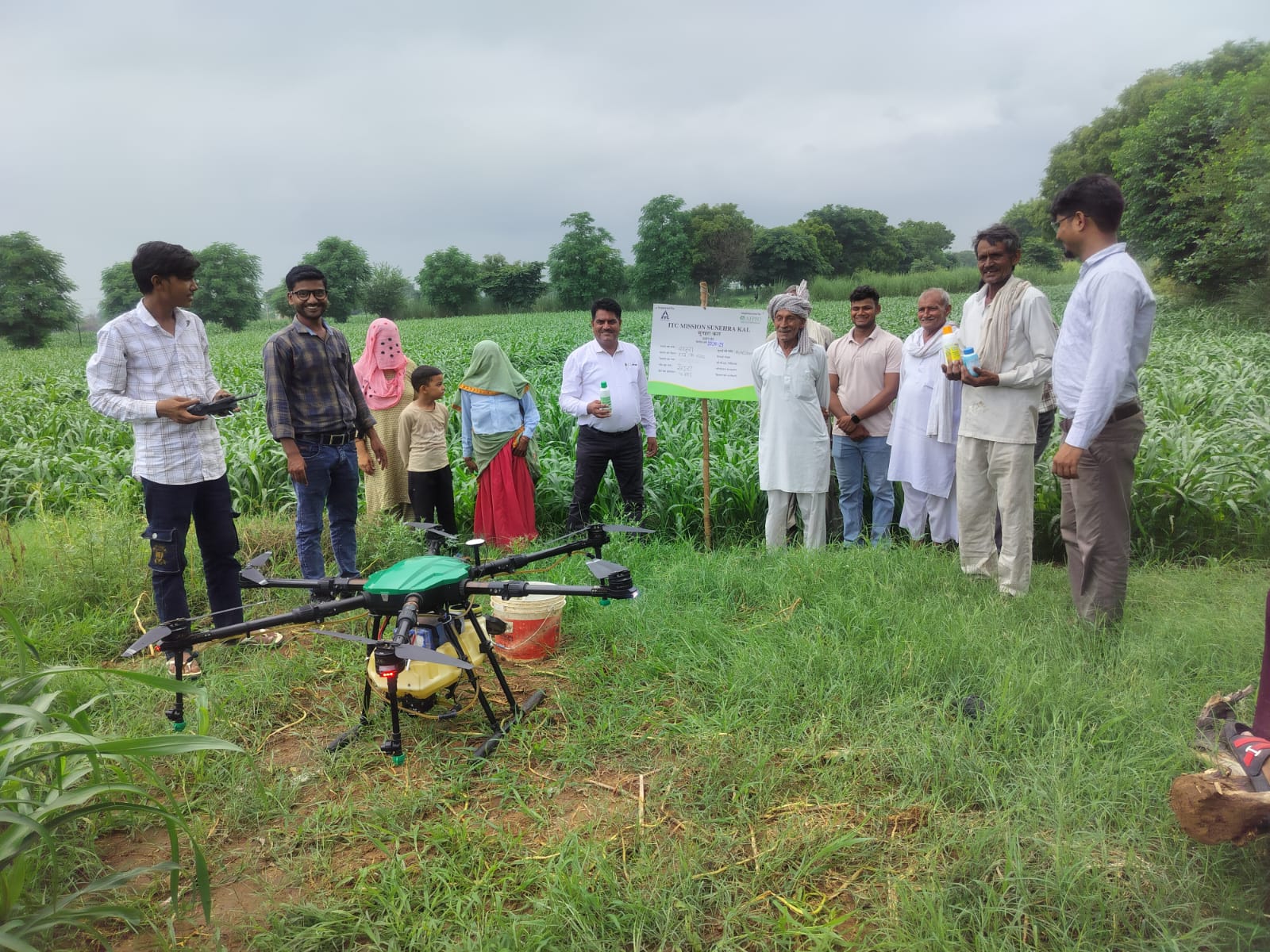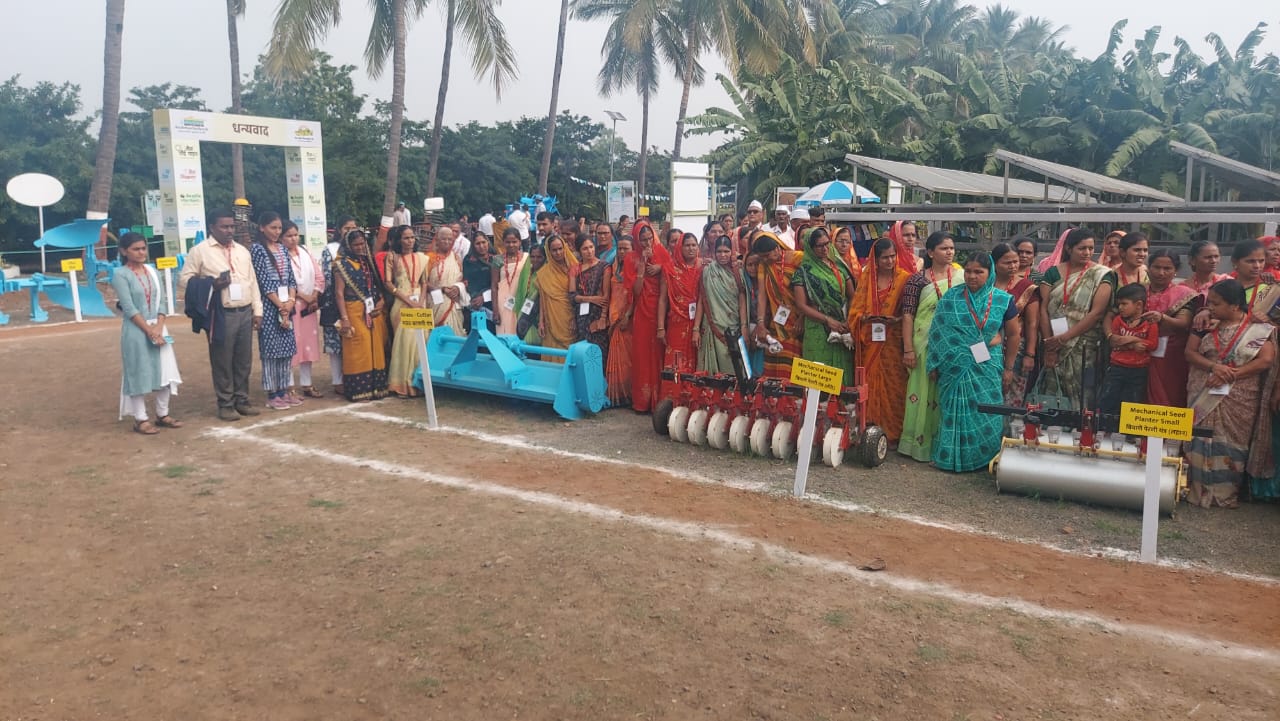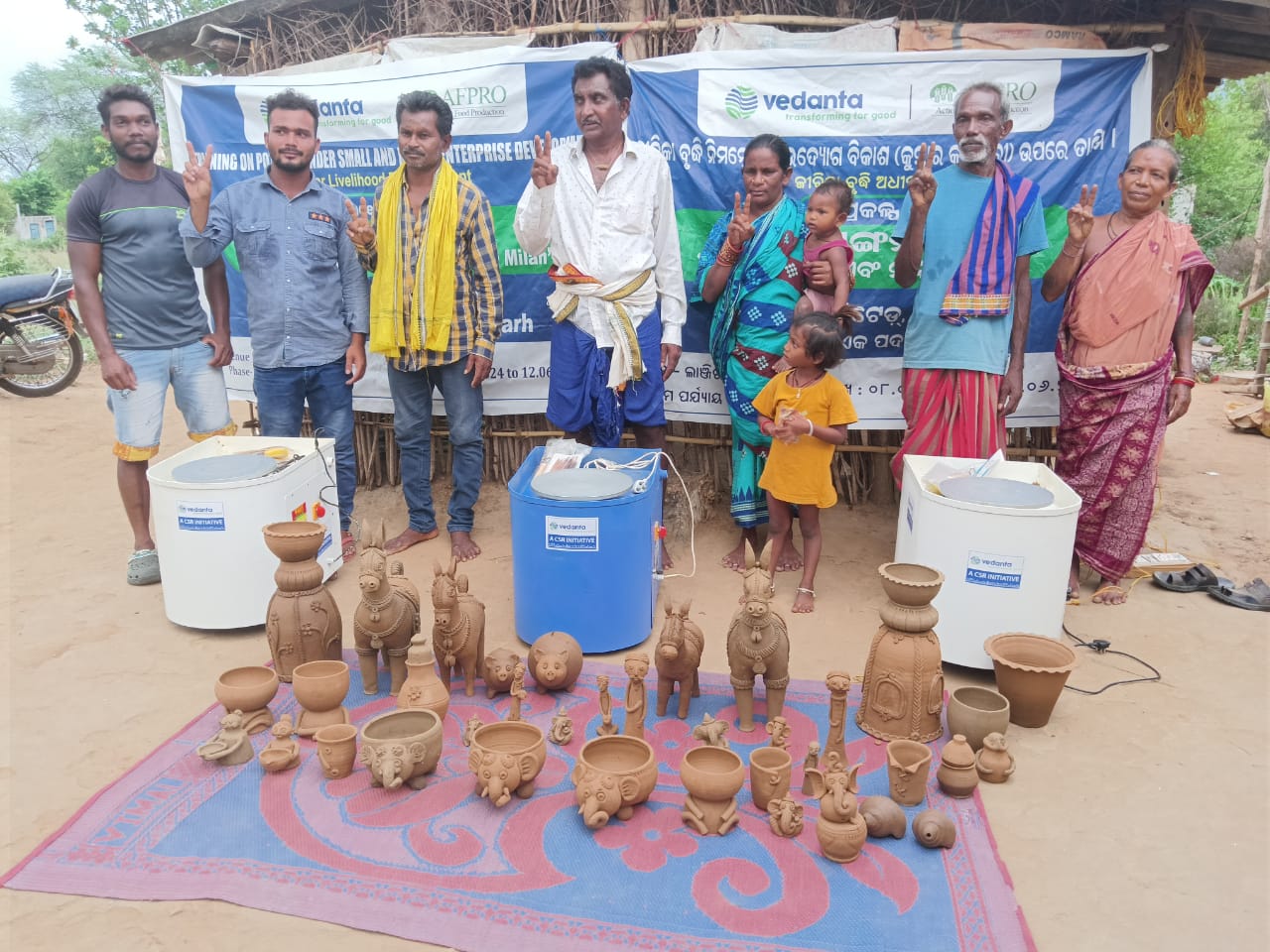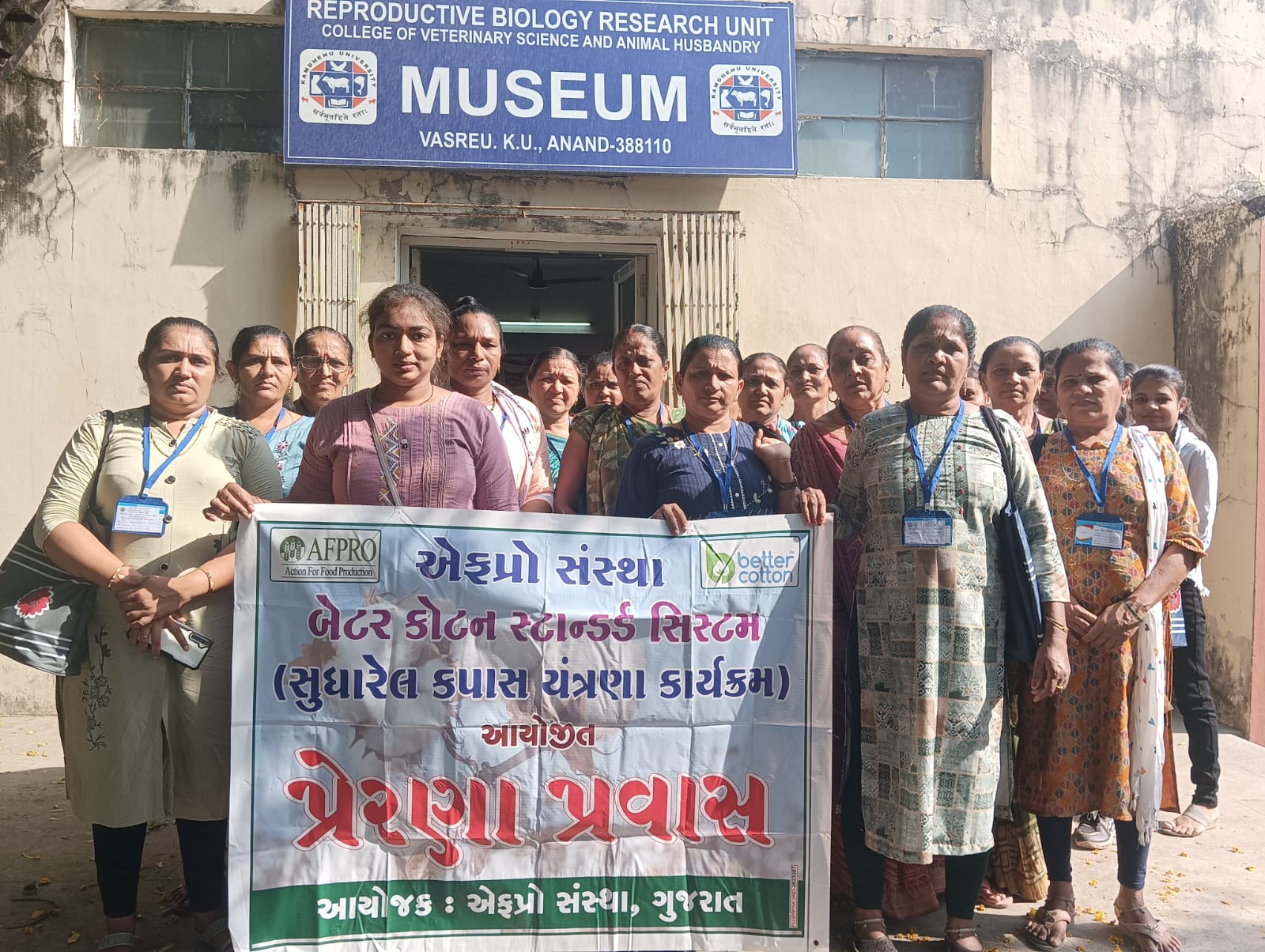Cost Effective Technologies
Poor and marginalized communities are a priority target group for us and one of the underlying concerns of working with them is sustainability of interventions. Therefore, we prefer to identify and implement socio-technical solutions which are cost effective in nature and make use of local natural resources. Such approaches enhance the possibility for up scaling and spreading of good practices.


Traditional & Indigenous Practices
There is a vast reserve of knowledge and practices held by local communities with whom we work, which have for centuries contributed to the sustainable management of natural resources. However, this knowledge is either increasingly loosing its relevance in the context of a rapidly developing world or is failing to keep pace with increasing challenges introduced due to population growth and rapid (yet uneven) social and economic growth and development. Emphasizing on a ‘bottom up’ approach, we give due recognition to existing traditional knowledge and practices, relying on scientific advancements to strengthen their effectiveness.
Institution Building
There are networks of institutions under the Panchayati Raj created with objective of decentralized governance. Their active engagement is essential for the continued adoption of better practices and engaging with them forms one of our key project approaches. We encourage their formation; investing resources in their capacity building and strengthening; and motivating them to actively participate in decision making processes. These institutions include local communities, village committees under the Panchayati Raj, Farmers Clubs, Self Help Groups (SHGS), Community Based Organizations, Grass roots level Non Government Organizations and other institutions at the block and district level.


Pro Poor
With an aim to ensure that benefits of development reach the poor, we are dedicated to their social and economic upliftment and to their inclusion in all processes of growth and development. Deliberate biases are introduced to cater to their requirements with efforts focused at a reduction in the difference between the resource poor and the resourceful. By improving livelihoods through better management of natural resources, these socially and economically deprived people are empowered to contribute to decision making processes.
Networking & Policy Advocacy
Networking and Policy Advocacy form an integral part of our approach. We are part of a range of networks – issue based, policy advocacy and technological. It is through these networks that we are better able to understand and address specific issues, improve existing policies, transfer technologies, build capacities, disseminate knowledge and pool resources for a comprehensive development.


Knowledge Transfers
The transfer of knowledge and skill is the recommended approach for community empowerment under all our programmes. It offers local communities with the opportunity to build on existing capacities manage resources more efficiently and engage in more productive livelihoods. Trainings, awareness camps and field based demonstrations are periodically organized to mobilize and capacitate the local communities on innovative technical solutions.
Participation
Sustainable development is a challenging social process. The different objectives of society – social, economic and environmental – need to be integrated where possible, and traded-off where they are incompatible. “Participation” is now widely endorsed as an essential component of sustainable development and conscious efforts are made to ensure participation of local communities in decision making.

Comments are closed.
